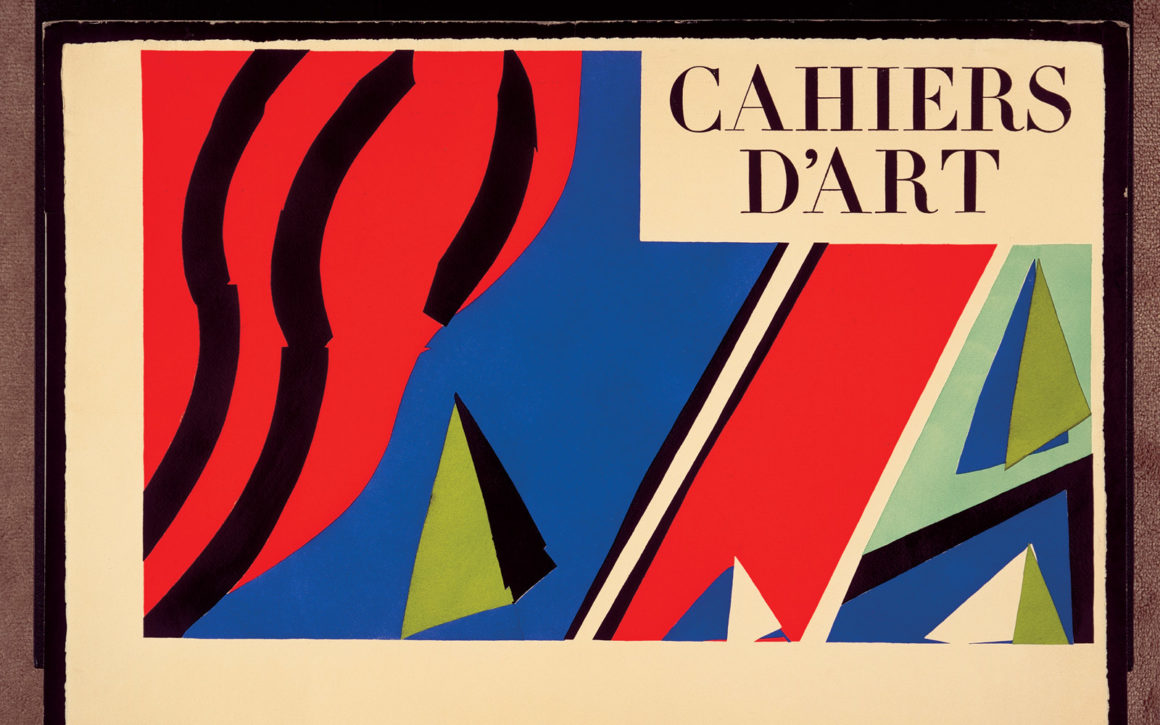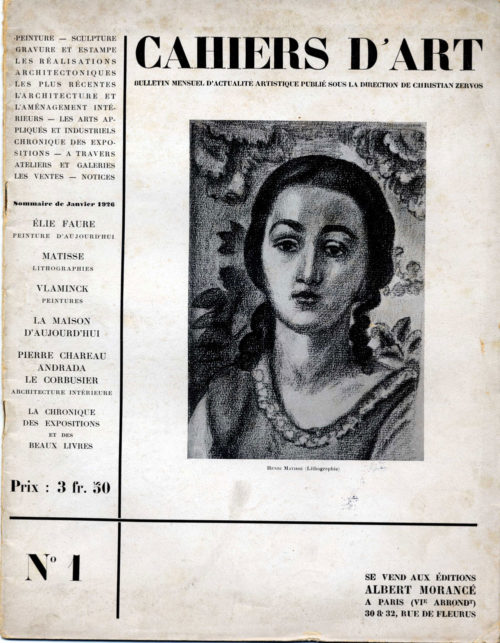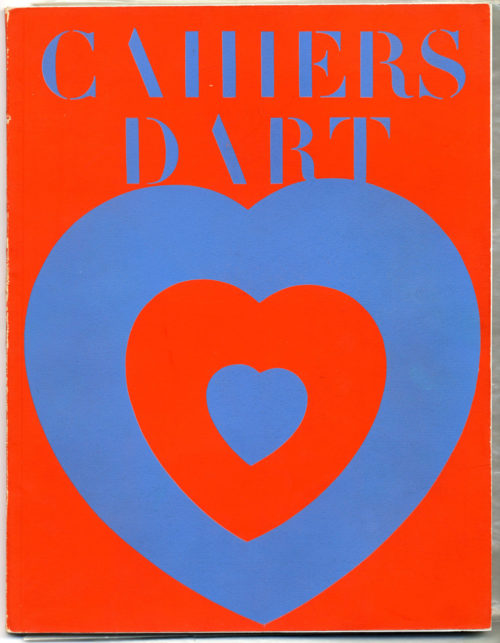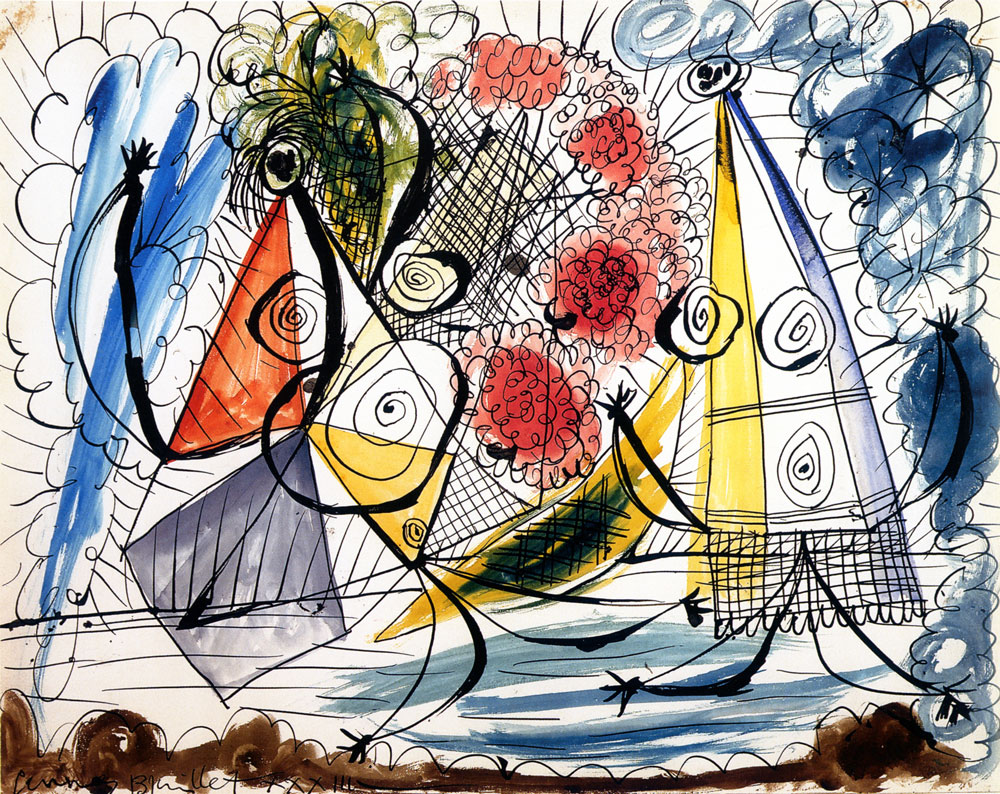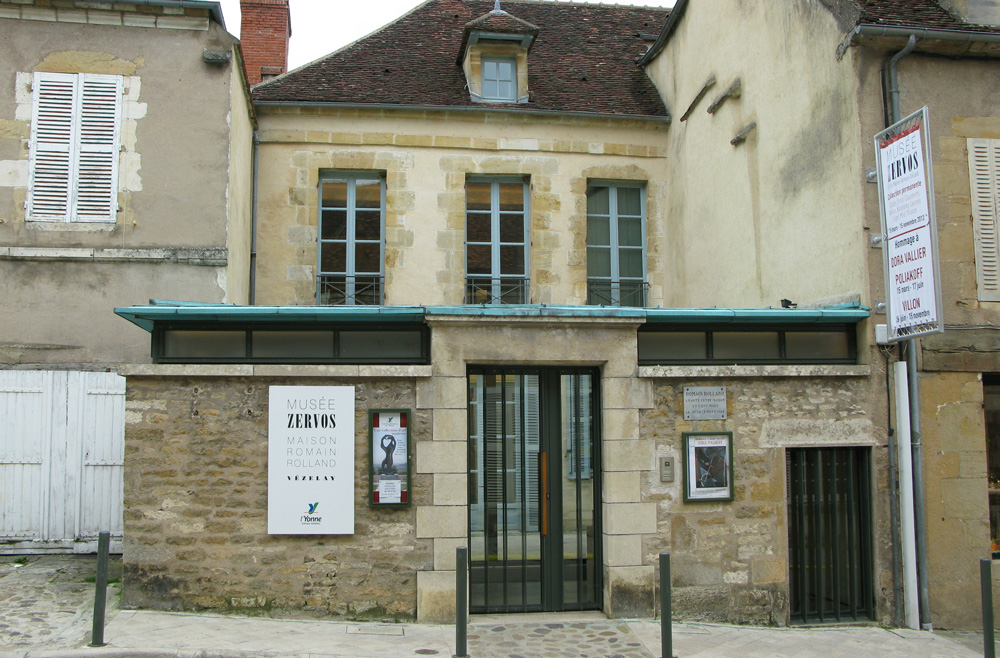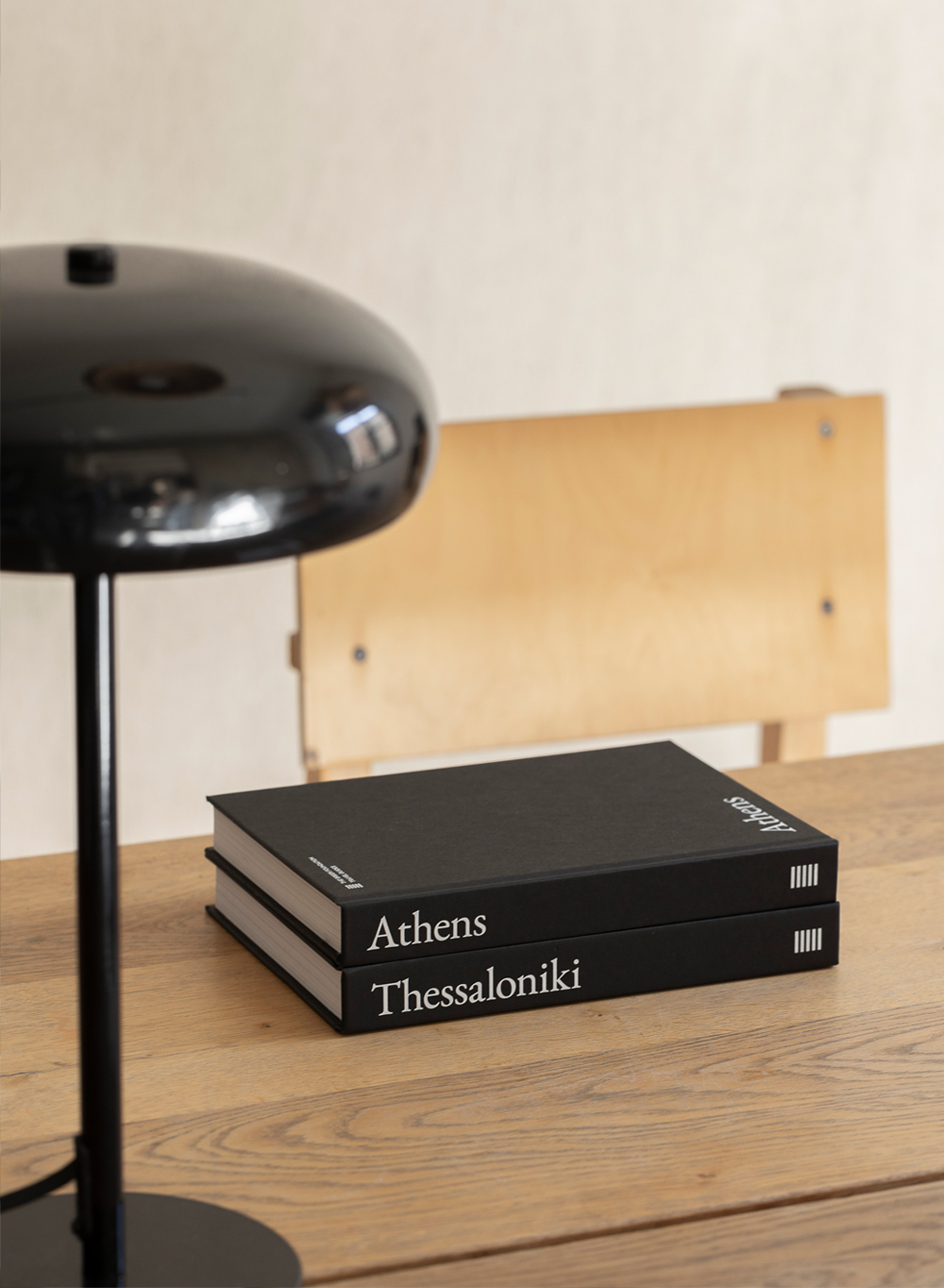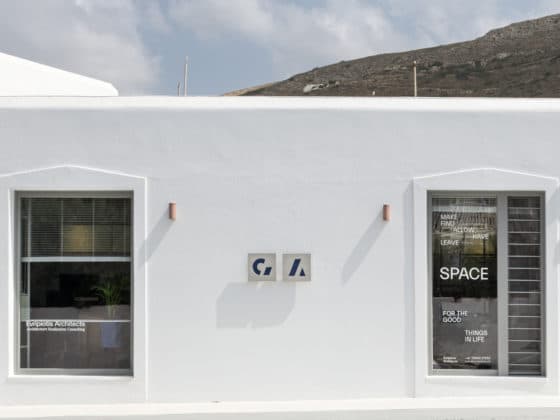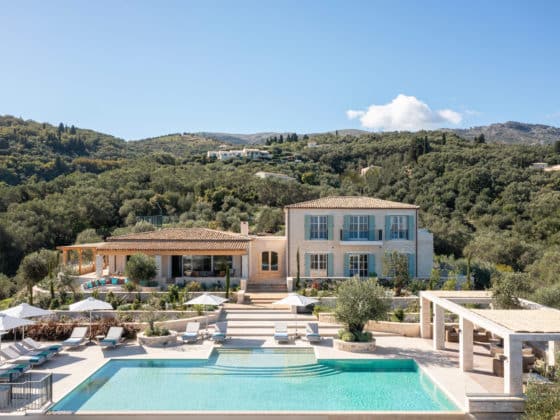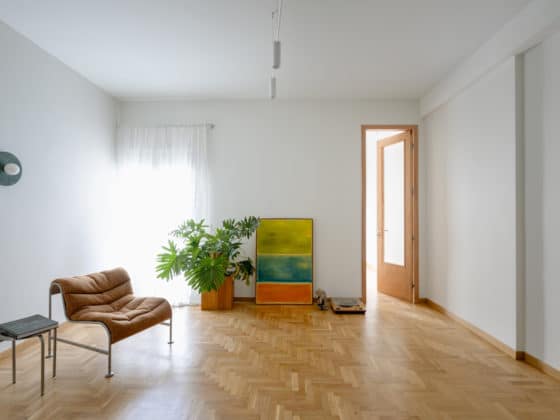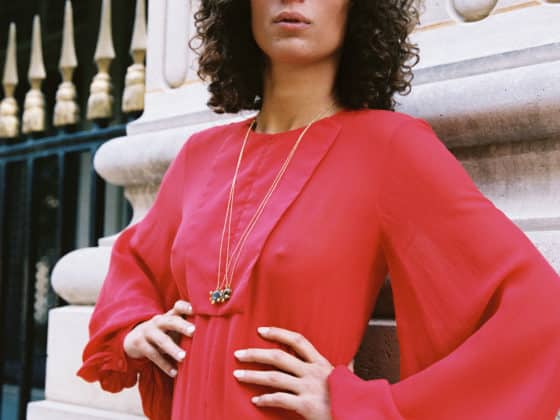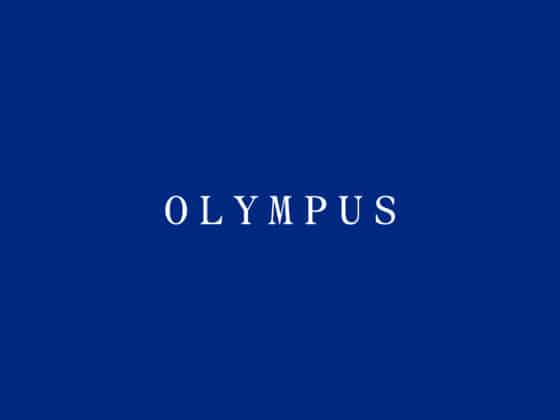The exhibition ‘Christian Zervos & Cahiers d’Art; The Archaic Turn’ illuminates the work of Greek-born publisher and critic Christian Zervos and his relationship with Greek culture.
It is based on the results of the research programme ‘Christian Zervos au miroir de la Grèce’, a collaboration between researchers active in France and Greece.
Christian Zervos (Cephalonia 1889–Paris 1970) played a definitive role in shaping the cultural climate in interwar Paris through his journal Cahiers d’Αrt, which he founded in 1926 and published until 1960. It was one of the longest-lived modernist journals given that it numbers 97 issues. Since its first issue, Cahiers d’Αrt focused on promoting modern art and on the dialogue between works of various origins and historical periods. Zervos is also known as the publisher of the iconic catalogue of Pablo Picasso’s paintings since 1932, known today as ‘le Zervos’, and as the author of archaeological publications on prehistoric civilisations, for example those of Neolithic or Minoan Crete and the Cyclades. His contribution was particularly significant in the dissemination of ancient – especially prehistoric – Greek art as well as the redefinition of ancient civilisations and archaic forms in the context of modernism.
Zervos always began by associating timeless, universal morphological trends with the so-called ‘primitive’ or ‘archaic’ arts and the ‘primordial’ instincts of humanity. He thus proposed a new perspective on archaeological findings, which activated them in the present, placing modern art within a historical perspective. The exhibition highlights the research and publishing methodology which defined his career, his preference for periods lacking written documentation and for on-site research, his programmatic constitution of a photographic narrative of the civilisations of the ‘Prehistoric South’, his perception of history through photography, his ethnographic methodology and his cosmopoietic approach to the past.
The story of Cahiers d’Art editions coincides with Zervos’s relationship with Greece. During the interwar period this relationship inspired the archaic turn of modern art, which was founded on works representative of the ‘primitive art of the Aegean’, such as Cycladic figurines. After the war, on the occasion of Zervos’s physical but also intellectual ‘return’ to the homeland from 1945 onwards, he embarked through his publications on a reconsideration of the ‘origins’ of Mediterranean civilisation with the ultimate aim of tracing the sources of primitivism in southern Europe: Sardinia, the Cyclades, Crete. This double journey is presented in the exhibition, through works and documents that highlight the relationship of modern and archaic, as an anti-classical claim, and as an aesthetic and moral value.
The starting point for this exhibition is the observation that Christian Zervos has been one of art history’s ‘great unknowns’. The documentation from Cahiers d’Art’s material and the recording of successive phases and expressions of Zervos’s publishing activity attempt to redress the scarcity of knowledge about his work and to emphasise everything that connected him with Greek culture. At the same time, emphasis is placed on the wider context of the conception and recruitment of ‘Mediterranean primitivism’ by the proponents of modern art. Finally, Christian Zervos’s work is included within modern Greek intellectual life, laying the foundations of his methodology in relation to his Greek origin and highlighting his significance for the reception of modernism in Greece.
The exhibition is accompanied by a catalogue published by the Benaki Museum. The catalogue contains reproductions of works and an extensive and documented timeline as well as original texts by Christian Derouet, Alexandre Farnoux, Polina Kosmadaki, Eleni Stavroulaki and Panayotis Tournikiotis.
Curated by : Christian Derouet, Conservateur général honoraire du patrimoine, ounding Curator, usée Zervos, é elay; Alexandre Farnoux, Professor of Archaeology and Greek History, Sorbonne University, Paris and former Director of the French School at Athens; Polina Kosmadaki, Curator of Modern and Contemporary Art, Benaki Museum
